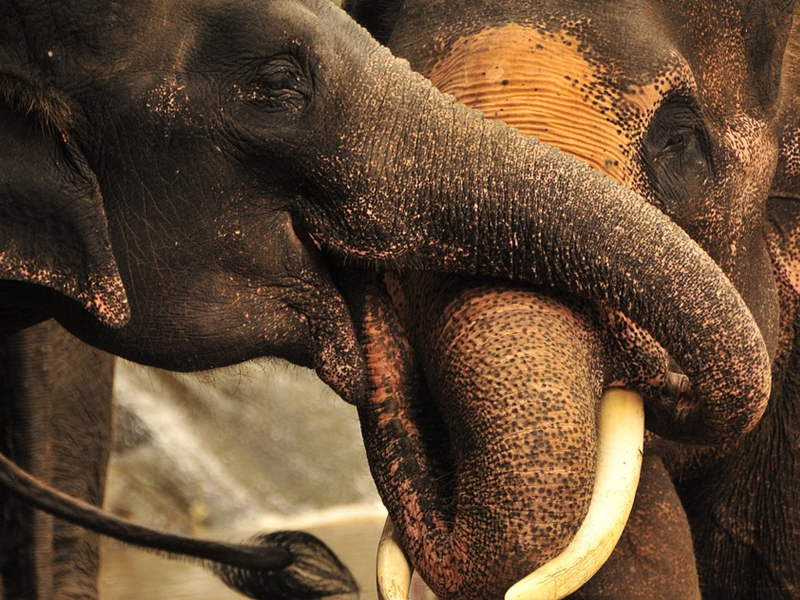Our Elephant Policy (Save the Elephants)

Our elephant trekking experience has been given the go ahead by the ‘Save the Elephants’ organisation. The reason being is that the elephants that we work with at the Phnong village are a vital part of traditional life. These villages used to be nomadic but now due to modern times they have to stay put. They now heavily rely on their elephants for much needed income otherwise their ancient existence will disappear for ever. Our elephants do not carry tourists in baskets but simply on their neck for the welfare of the elephant and you can see that the elephants are looked after extremely well as the minority people treat them as part of their extended family.
Elephant message from the management:
Like many tour operators we had a decision to make on whether to stop elephant riding or not. The decision to stop the rides would have been a simple one; as an alternative to Elephant treks we offer our clients the choice of Elephant Sanctuary visits.
This topic like many others will face us more and more as modern travellers and as we delve deeper we find that there are a lot of grey areas when traveling. What is true eco-tourism? Are the attractions / hotels that say they are green really as good as they portray themselves. What happened to carbon offsetting? And flying thousands of miles to spend a fortnight in an eco-resort built on a beautiful island, but where does all the waste and sewage go. Most of us in the industry would have seen Simon Reeve when he visited the island of rubbish in the Maldives and that sums up what we are trying to say perfectly.
With this in mind our philosophy on elephant trekking is to tell our clients everything and let them make up their minds; to trek or not to trek. After spending time with the local tribe’s people, we felt it was just as ethically wrong to take the much needed income that local minorities get from running elephant treks. An elephant is often shared amongst a few families and is sacred to them and is looked after extremely well indeed. How can you possibly say to these people that we will not support you if their animal is cared for and looked after properly. As the main issue here is of course the welfare of the animal.
The thing that not many people are aware of is that historically minorities were allowed to move around and often changed the position of their settlements depending on specific events. Due to this these people have less opportunities to make money and have therefore turned to their elephants to make extra income. If we stop this source of income we potentially make the situation worse. The minorities will then cut more of the virgin forest to make farms to feed themselves and we could also lose our minority tribes all together.
Saying this not all elephant rides are the same and of course many operations should be boycotted however we have gone through great lengths to make sure that we are supporting the areas that we take tourists to in the best ways possible.
To finish off as a tourist you have a choice to make. If you feel strongly that an elephant should not be ridden then fine – we respect that and we can show you the wonderful work that the elephant sanctuary we work with does. On the other hand if you want to ride an elephant then do the right thing. Do your research, ask questions about the welfare or treatment of the animals and check them carefully before riding them, you can look out for sores or signs of neglect and if you specifically find a particular operation not behaving ethically then make it public and warn visitors not to use this particular activity. But first, please make sure that you have correctly researched this before you effect the live hood of innocent and poor people.
As with all in life, there is Good and Bad. If we all start to easily generalise and condemn everything around us then what will be the point of travelling.

 Trustpilot
Trustpilot
 Tripadvisor
Tripadvisor




